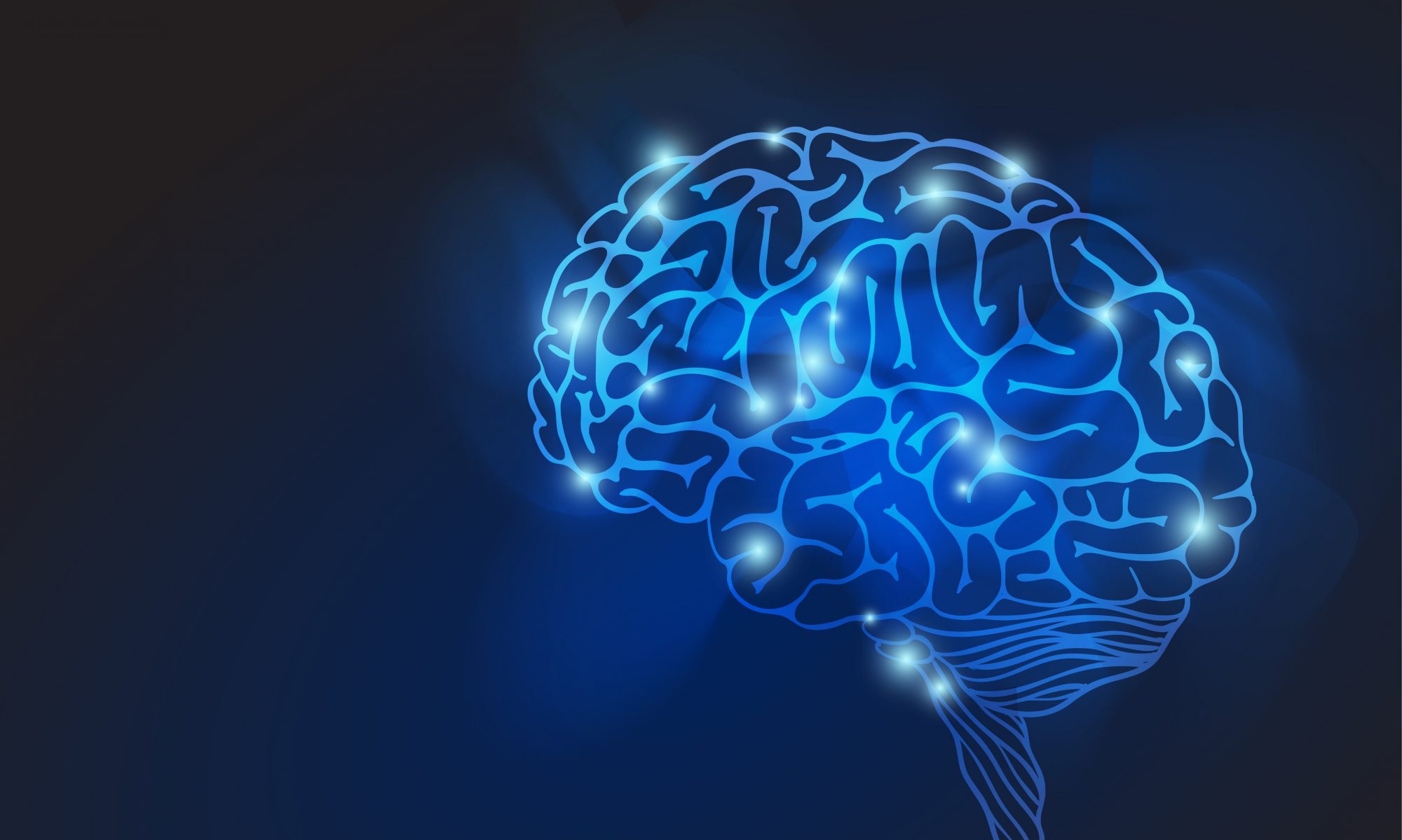Our trainees review webinars in their given fields and share abstracts to help colleagues outside their discipline make an informed choice about watching them. As our program bridges diverse disciplines, these abstracts are beneficial for our own group in helping one another gain key knowledge in each other’s fields. We are happy to share these here for anyone else who may find them helpful.
Mesenchymal Stem Cell Therapies for ALS
Dr. Nathan Staff
3/10/2022
Everything ALS
In this compelling webinar, speaker Nathan Staff examines mesenchymal stem cell (MSC) therapy as a potential treatment option for neurological diseases. In particular, Dr. Staff ponders the effectiveness of MSC therapy in the context of amyotropic lateral sclerosis (ALS), a debilitating neurodegenerative illness. Ultimately, it is hoped that MSC therapy can be used to replace or augment existing treatment regimen for ALS.
The speaker begins by briefly introducing the audience to ALS and its associated regulatory genes. The author further discusses existing ALS treatment modalities, with particular emphasis placed on the shortcomings of these therapies. These shortcomings serve to justify the investigation of newer ALS treatment modalities, and it is at this point that the speaker introduces stem cell-based therapy in regenerative medicine. After reviewing stem cells generally, Staff directs his focus to MSCs, as these cells exhibit pro-regenerative properties that could improve ALS patient outcomes. Here, Staff concentrates on MSC origin, culture, and properties.
After introducing MSCs, Dr. Staff delineates established methods for MSC therapy, as well as their underlying mechanisms. Notably, MSC injection methods are carefully considered, as MSC route of administration greatly impacts the efficacy of MSC therapy. With the establishment of MSC properties and MSC-based therapy, the speaker shifts to discussion surrounding previous clinical trials involving MSC therapy for ALS. Previous phase 1 and phase 2 clinical trial methods and patient endpoint data are collected, with these trials demonstrating the potential promise of MSC-based ALS therapy. Finally, the speaker concludes the webinar by summarizing the presentation’s main points and outlining challenges that must be overcome to facilitate MSC-based therapy for ALS.
This presentation is of particular value because it proposes a potential treatment modality to improve upon existing ALS treatments. Moreover, the insight of this webinar can be extended to MSC therapies in the context of other neurological diseases.


